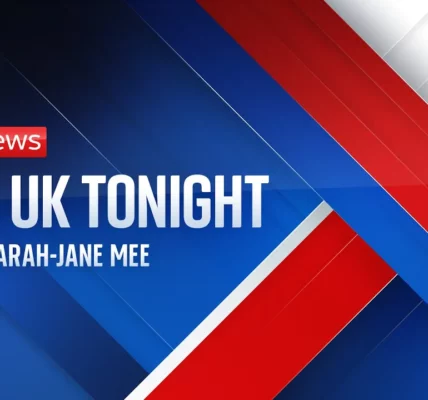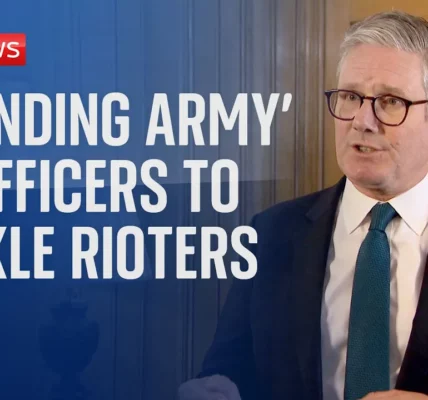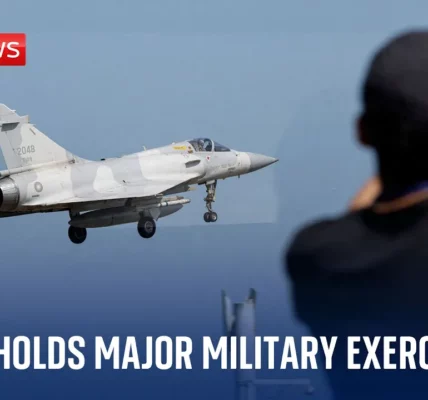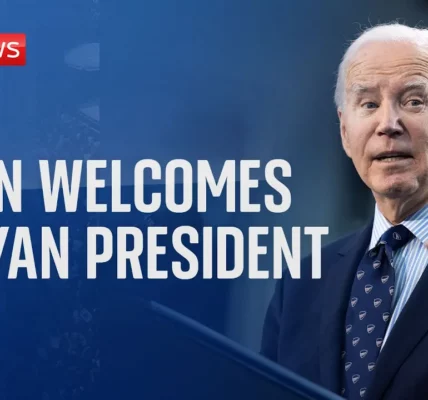Escalation in Middle East: Israel’s New Phase in Conflict with Lebanon

Welcome to our in-depth exploration of the current geopolitical tensions in the Middle East. In this article, we will analyze the recent events that have unfolded in Lebanon and Israel, the reactions from various stakeholders, and the potential implications for the region and beyond.
Introduction
The ongoing conflict between Israel and Lebanon has reached a critical juncture as recent explosions have heightened fears of a broader war. This article delves into the details of these developments, examining the various perspectives and the historical context that has shaped this complex relationship. With significant implications for regional stability, the situation warrants a thorough investigation into what has transpired and what may lie ahead.
Recent Developments: Explosions in Lebanon
On the front pages of major publications, reports indicate a fresh wave of blasts across Lebanon, with Israel claiming the conflict has entered a new phase. The situation escalated with the use of walkie-talkie bombs that resulted in the tragic deaths of civilians, raising questions about state-sponsored terrorism and the humanitarian impact of such actions.
The Nature of the Attacks
Details have emerged that the devices used in these attacks were ingeniously disguised, utilizing everyday technology:
- Walkie-talkies were rigged with explosives.
- The devices detonated through remote signaling, raising concerns about their accessibility.
- The precision of the attacks resulted in collateral damage, resulting in civilian casualties.
International Reactions
The international community’s response has been varied, with some nations condemning the attacks, while others remain silent. The United States, under Secretary of State Antony Blinken, has urged restraint but has been criticized for its perceived lack of influence over Israeli policy.
Political Implications for Israel and Lebanon
The political landscape in both Israel and Lebanon is affected by these developments, with leaders responding to domestic pressures:
Israel’s Strategy
Israeli Prime Minister Benjamin Netanyahu’s administration is facing scrutiny over its military tactics:
- Netanyahu has accused political opponents of undermining national security.
- The government’s justification for the attacks pivots on targeting Hezbollah, labeled a terrorist organization by several Western nations.
- However, the humanitarian cost raises ethical questions about Israel’s approach to warfare.
Lebanon’s Position
Hezbollah, as both a political party and a paramilitary group, finds itself at a crossroads:
- Maintaining support within Lebanon while responding to Israeli aggression.
- Potentially escalating retaliatory measures against Israel, risking a broader conflict.
- Balancing its role as a defender of Lebanese sovereignty against the backdrop of international perceptions.
Broader Geopolitical Context
The situation in Lebanon cannot be viewed in isolation. It is deeply intertwined with regional dynamics involving Iran, the United States, and other actors:
Iran’s Influence
Iran’s support for Hezbollah complicates the conflict:
- Iran may continue using proxy warfare to avoid direct confrontation with Israel and the West.
- The potential for escalation draws in other regional players, heightening tensions across the Middle East.
The Role of the United States
The U.S. has a long-standing alliance with Israel, which impacts its diplomatic stance:
- Calls for restraint from the U.S. have been perceived as ineffective.
- Support for Israel complicates American relations with Arab nations and can lead to broader regional instability.
Conclusion
The recent escalation in the Israel-Lebanon conflict underscores the fragility of peace in the region. As both sides prepare for potential further conflict, the humanitarian toll remains a critical concern. It is imperative for the international community to engage in meaningful dialogue to prevent further violence and seek a resolution that prioritizes the safety of civilians. We encourage our readers to stay informed and engaged with this evolving situation.
For more insights and analyses on geopolitical issues, visit our related articles on Middle East politics and international relations. Together, we can foster a better understanding of these complex issues.
“`




